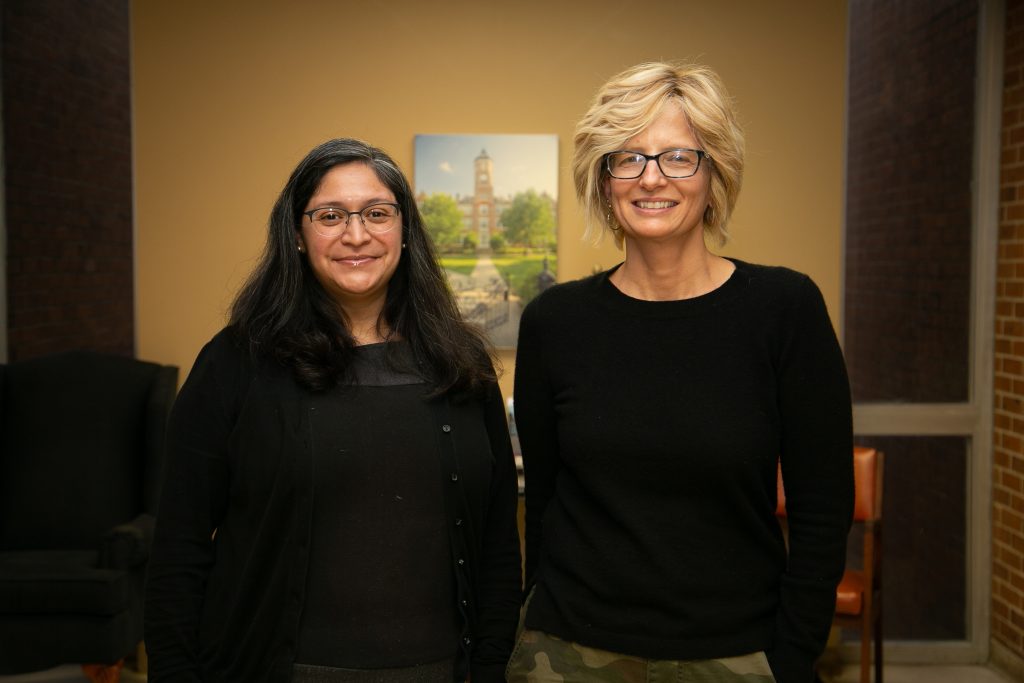The W’s family science program celebrates CFLE recertification
Mississippi University for Women’s family science program recently achieved recertification as a certified family life educator (CFLE).

Certified programs, of which there are more than 130 throughout the United States and Canada, are reevaluated every five years.
Achieving recertification in and of itself is a feat. However, it is amplified by another achievement. This makes 20 consecutive years that The W’s program has been approved.
“Having 20 years of approved program status is an accomplishment as faculty must stay up-to-date with the theory, research and practice within the field. It speaks to the credential’s value and the importance of ongoing self-reflection in our academic program. We want to provide a learning environment that equips our graduates with the skills necessary to start their professional careers on day one,” said Dr. Cecilia Brooks, professor of psychology and family science.
CFLE credentials are provided by the National Council on Family Relations (NCFR) and are recognized in the U.S. and Canada. Accredited programs offer coursework covering 10 content areas that provide the foundation for working with individuals within the family system context. The content areas include theory, research and practice within family life education across the lifespan. Examples of some of these include family systems, ecosystems, individual and family development, conflict and stress. Through coursework, students receive comprehensive training in the 10 content areas so they are prepared to complete 280 hours of supervised field experience in an internship.
Having these credentials reaps benefits not only for the program, but also the students in the program.
“The benefit for our students is the ability to apply for provisional CFLE status upon graduation and/or in their final term of coursework at The W,” said Dr. Dorothy Berglund, chair of the Department of Psychology and Family Science.
Career readiness is a point of pride for the program.
That said, it is also important to know exactly what kind of careers one would even qualify for.
“Students can work in areas ranging from human services, youth development program coordinators, cooperative extension agents, employee assistance program coordinators, grant proposal writers and family policy analysts,” Berglund said.
She added, “Our students are qualified and can better compete for jobs because of their ability to apply for provisional CFLE as soon as they graduate. And they are getting hired in their field for these reasons. We have worked over the past 20 years to develop a program that adheres to the standards required by FLE for our coursework and program.”